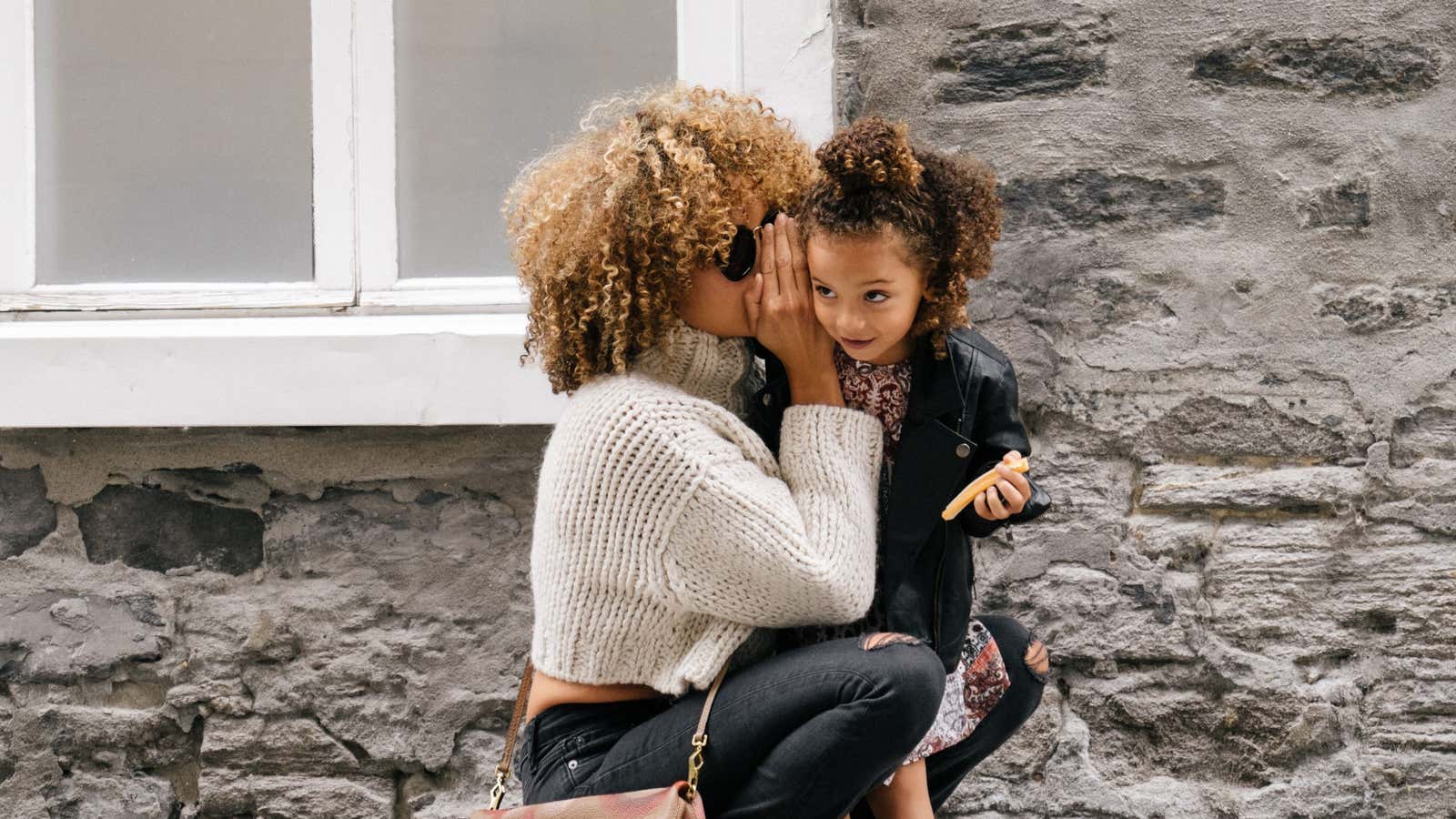Honesty is the best policy… until you actually have to do it. Then it can really suck.
It’s not fun to tell your best friend he is being selfish, or admit that your teammate is falling behind expectations. And even when the message is positive, honesty can still be uncomfortable. Telling a partner that you love him or her for first time, for instance, can be scary.
And yet, honesty is a central tenant in many moral philosophies, religions, and cultural codes. Intellectually, we believe honesty is good, and we want to know the truth about ourselves. If we don’t know our strengths and weaknesses, we can’t improve.
So why are we terrified of being honest on a daily basis, especially with the people we care most about?
Researchers at the University of Chicago Booth School of Business set about answering this question in a recent study, aptly titled “You Can Handle the Truth: Mispredicting the Consequences of Honest Communication.”
Published in the Journal of Experimental Psychology: General, the study explores the actual and predicted consequences of honesty in everyday life. The researchers conducted three experiments in which participants were asked to be more honest with everyone in their lives over the course of three days, or to engage in a specific honest conversation they’d been avoiding, sharing negative feedback with a close relational partner. After these experiments, participants (and the people with whom they were honest) were asked about the consequences of their honesty.
In all three studies, the researchers found that people had significantly mispredicted those consequences.
“Focusing on honesty (but not kindness or communication-consciousness) is more pleasurable, socially connecting, and does less relational harm than individuals expect,” they write. Their results suggest that people routinely misunderstand how others will react to their honesty because they misunderstand how people react to honesty in general.
“People generally assume that others will react negatively towards increased honesty,” study co-author Emma Levine, an assistant professor at University of Chicago’s Booth School of Business, tells Quartz. “As a result, people assume that honest conversations will be personally distressing and harm their relationships. In reality, honesty is much more enjoyable and less harmful for relationships than people anticipate. In fact, focusing on honesty when communicating is no less enjoyable and no more harmful for individuals’ relationships than normal communication or communication that focuses on kindness.”
Levine says there are a few possible explanations for people’s tendency to assume others will react poorly to complete honesty.
First, people may infer that others don’t want them to be completely honest because they don’t observe others being completely honest, because they assume that the norm reflects a preference.
Second, they may be overly concerned with how others will react to the information being shared, without accounting for the broader, likely positive context in which it is shared—factors like the speaker’s intent or relationship with the recipient of the feedback.
Lastly, because people often avoid being completely honest with others, they rarely get accurate feedback about its consequences. This can make it difficult to correct false assumptions.
While Levine and her team didn’t study which types of people are more disposed toward being honest, or enjoying honesty, they say that practice is the best way to get better at honest communication.
“The more people practice honesty, the more they will realize that their predictions about its negative consequences are wrong,” says Levine. “People can also practice delivering honesty in more palatable ways, for example, by clearly stating their good intentions before delivering difficult or critical information.”
Most importantly, she says, you should ask for feedback from others after engaging in difficult conversations, so that you can understand whether you were too harsh, or too indirect. This concept—giving feedback about feedback—is one of the easiest ways to get better at your job, according to Bridgewater Associates founder and feedback evangelist Ray Dalio. “This will help you gauge whether your honesty is being received well, and help you improve [its] delivery moving forward,” says Levine.
